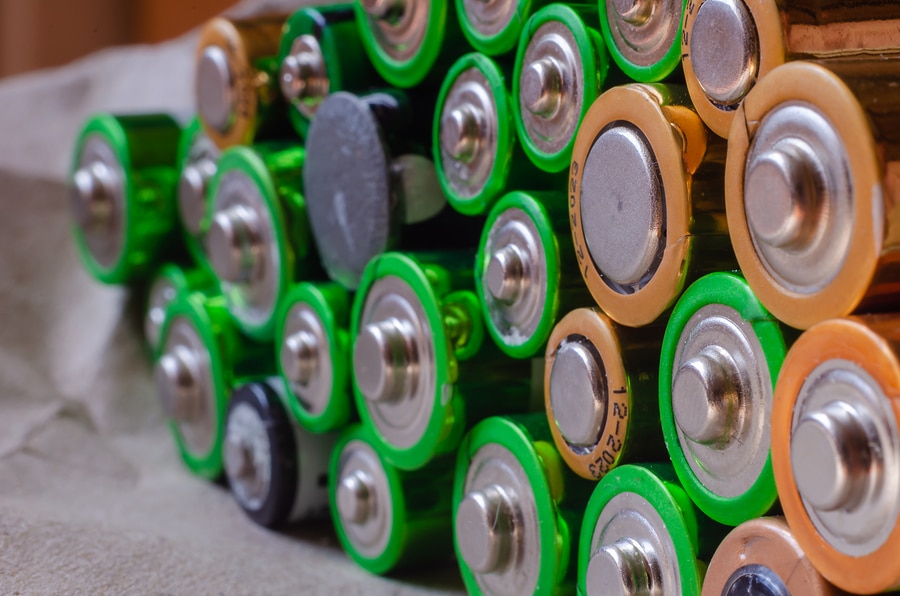The Battery Conundrum: What to Do with Old Batteries

You know you’re not supposed to throw old batteries in the trash, even though it’s not illegal in most states, but that doesn’t necessarily mean you have the first clue as to how to recycle them. Can you simply toss them in the recycling bin? What if you don’t have a recycling pickup in your area?
While you could seek out recycling options in your city or county, you may have to wait for recycling days specifically for hazardous materials, and then you probably have to drop them off. If you have just a few batteries, this could feel like a wasted trip, and if you have a stockpile, you might not want to wait, especially if batteries are weeping or crusted. What if you have multiple types of batteries (including lithium and non-lithium) to dispose of?
Recycling is obviously preferable to tossing these toxic items into the trash, where they’ll pollute a landfill and pose a threat of combustion, but how can you do your part for the environment without a ton of hassle or expense? The solution is to partner with a South Dakota asset management company that can not only shred and recycle hard drives but recycle batteries, as well.
Prepping Used Batteries
Recycling batteries is made much easier when you partner with a company that will come to your location for pick-up, but you’re responsible for making sure that old batteries are safe for transportation. The U.S. Department of Transportation has mandated that loose batteries be properly packaged to prevent catastrophes like fires or explosions during transit.
The easiest way to accomplish this is to tape the ends, or else cover them with non-conductive caps. You may also want to check on any federal, state, or local rules and regulations regarding battery packaging, storing, transportation, and so on before recycling, or simply ask your recycling partner if there’s anything you need to know to remain in compliance.
Choose Your Partner Wisely
There are a couple of considerations when it comes to choosing a recycling partner. First, it’s usually best to work with a company that offers myriad recycling services you can take advantage of, to maximize convenience and avoid undue expenditure.
Look for an ITAD company that recycles not only electronics, but also batteries, light bulbs, ink and toner cartridges, and even industry-specific items like medical and lab tech, for example. This gives you the best opportunity to meet all of your equipment recycling needs in one place.
From there, you really need to check certifications to ensure that your partner upholds the highest standards for recycling, including working with trusted downstream partners that aren’t going to simply chuck parts once they’ve stripped out anything valuable, or worse, ship hazardous materials overseas. With certifications and oversight from renowned organizations like R2, e-Stewards, and more, you’ll not only enjoy top-notch service and full compliance but also peace of mind.
If your South Dakota company is interested in recycling not only electronics but also batteries and more, contact the certified ITAD specialists at SEAM today at 605-274-7326 (SEAM) or online to request a quote and learn more.
SEAM provides IT recycling and data destruction services including onsite shredding and hard drive wiping to South Dakota, North Dakota, Minnesota, Iowa, and Nebraska.
Schedule a pickup or contact us for more information.





